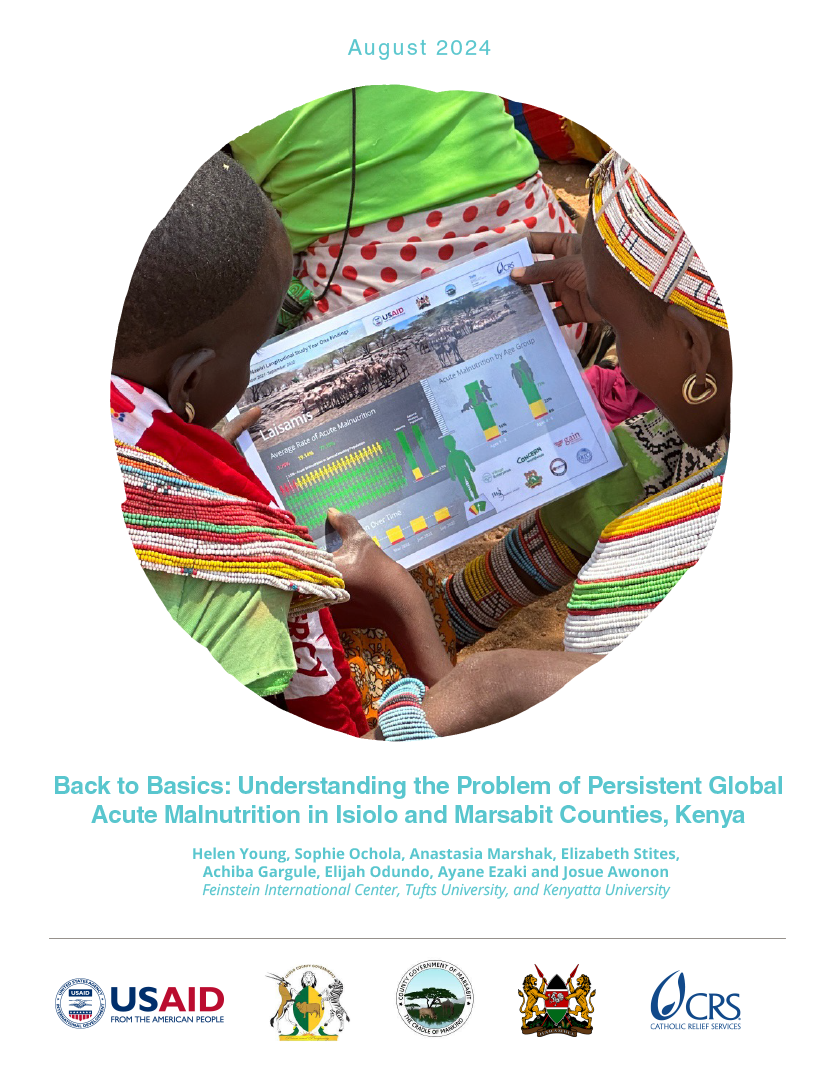This report presents the findings on livelihood recovery and Ugandan household and individual trajectories in relation to:
- relationships with and perceptions of governance processes, practices, and political actors;
- livelihoods and well-being (income-generating activities, asset portfolios, food security, constraining, and enabling factors within the broader institutional and geographical context);
- access to and satisfaction with basic services (education, health, water) and transfers (social protection and livelihood assistance)
The findings present a series of challenges to conventional thinking about livelihood recovery for war-affected populations. For example, the paper challenges the assumption that recovery of conflict-affected populations is a steady progression that can be influenced by national and international development and aid actors. Instead, the data shows great volatility in household recovery in northern Uganda. The latter section of this paper details the implications that these challenges have for donors, service deliverers and policy-makers working in Uganda.
The findings are based on the SLRC (Secure Livelihoods Research Consortium) sub-regional Uganda panel survey, conducted in 2013 and 2015.






